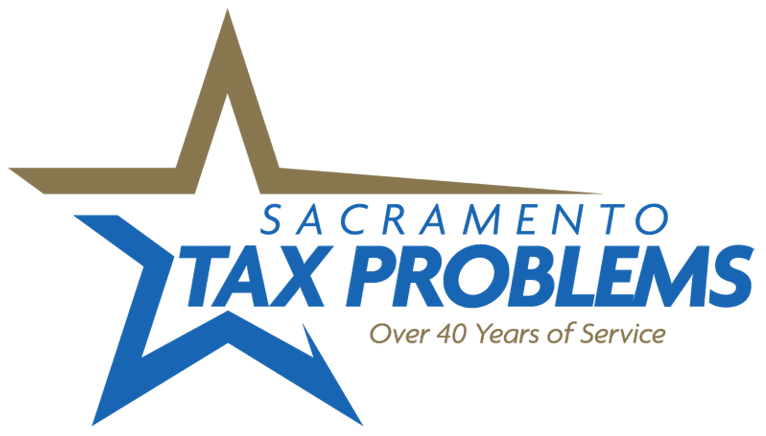Why House Flippers Often Face Tax Difficulties – Your Questions Answered
House flipping can be a profitable venture, but the tax implications often catch flippers by surprise. To help you avoid costly mistakes, here’s a comprehensive FAQ that covers the most common tax challenges faced by house flippers and how you can overcome them.
Why Are House Flippers Taxed Differently from Traditional Real Estate Investors?
Unlike long-term real estate investors who may benefit from lower capital gains tax rates, house flippers are often classified as dealers by the IRS. This means their profits are taxed at ordinary income tax rates, which can be significantly higher. The IRS views flipping as a business, not an investment, which subjects flippers to additional taxes, including self-employment taxes.
What Are Self-Employment Taxes, and Why Do They Apply to House Flippers?
Self-employment taxes include Social Security and Medicare taxes, which typically are split between employers and employees. However, if flipping houses is your primary income source, you are considered self-employed and must pay both portions, amounting to 15.3% of your net income. This can add a substantial burden to your tax obligations.
How Can I Reduce My Tax Liability as a House Flipper?
There are several strategies to minimize your tax burden:
- Accurate Record-Keeping: Maintain detailed records of all expenses related to each flip, including materials, labor, and other costs. Every dollar spent on the flip could be deductible, so meticulous record-keeping is essential.
- Incorporate Your Business: Depending on your circumstances, forming an LLC or electing to be taxed as an S-Corp might offer tax advantages, such as separating personal and business income.
- Plan for Taxes: Work with a tax professional to estimate your tax liability throughout the year. This can help you make timely quarterly payments and avoid penalties.
What Challenges Do Inconsistent Incomes Pose for House Flippers?
Flipping houses often leads to irregular income, with some months seeing significant profits and others none at all. This variability makes it challenging to budget for taxes and can result in underpayment or overpayment of estimated taxes. Planning is key—consult a tax professional to help smooth out these fluctuations and ensure you’re not caught off guard by a large tax bill at year-end.
What Should I Do If I Owe Back Taxes from Flipping Houses?
If you find yourself owing back taxes, don’t panic. Several options are available to resolve your tax debt:
- Installment Agreements: You can set up a payment plan with the IRS to pay off your debt over time.
- Offer in Compromise: This program allows you to settle your tax debt for less than the full amount owed if you meet certain qualifications.
- Seek Professional Help: A tax resolution expert like Rochelle Margucci can guide you through the process, negotiate with the IRS on your behalf, and explore the best options for your situation.
House flipping can be financially rewarding, but the tax implications can be complex and overwhelming. By understanding the tax challenges and seeking the right advice, you can avoid pitfalls and keep more of your hard-earned profits.
If you’re facing tax difficulties, don’t wait—contact Rochelle Margucci at 916-372-8577 for a free consultation!
